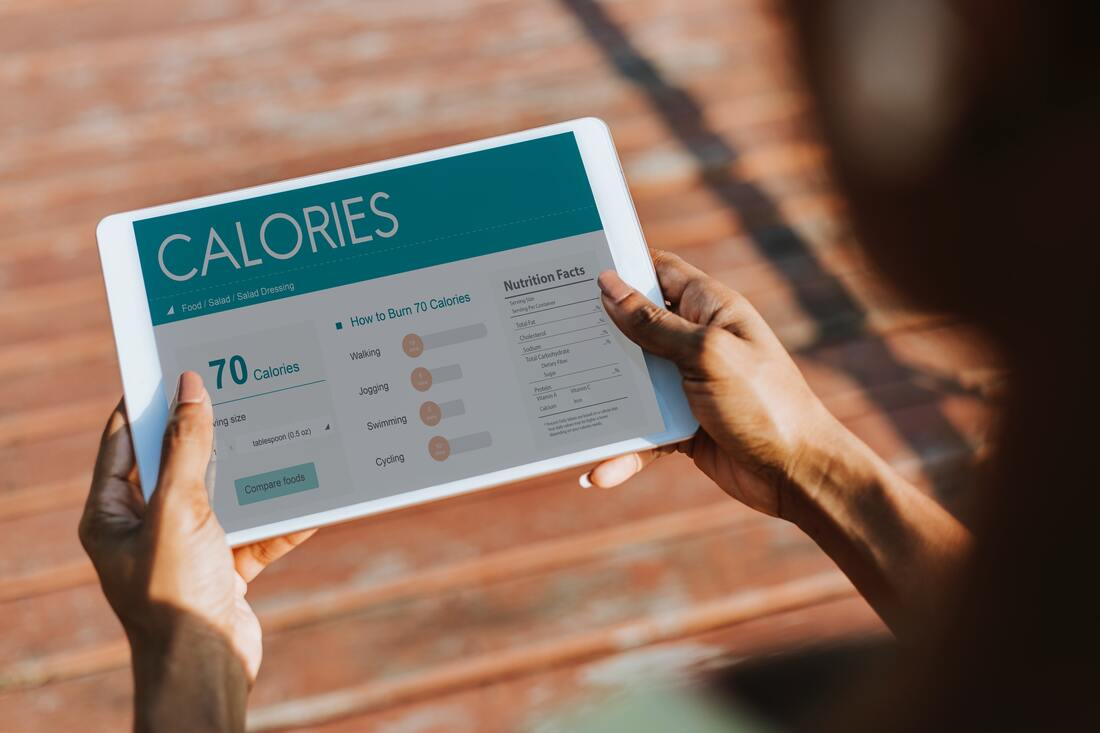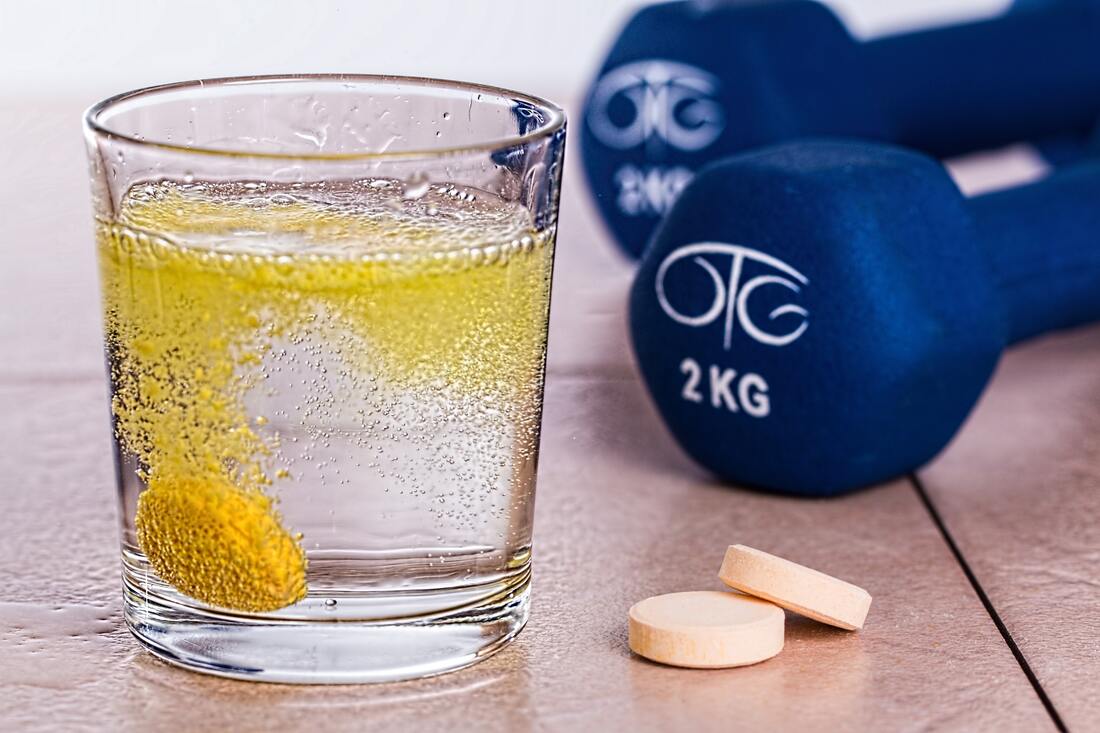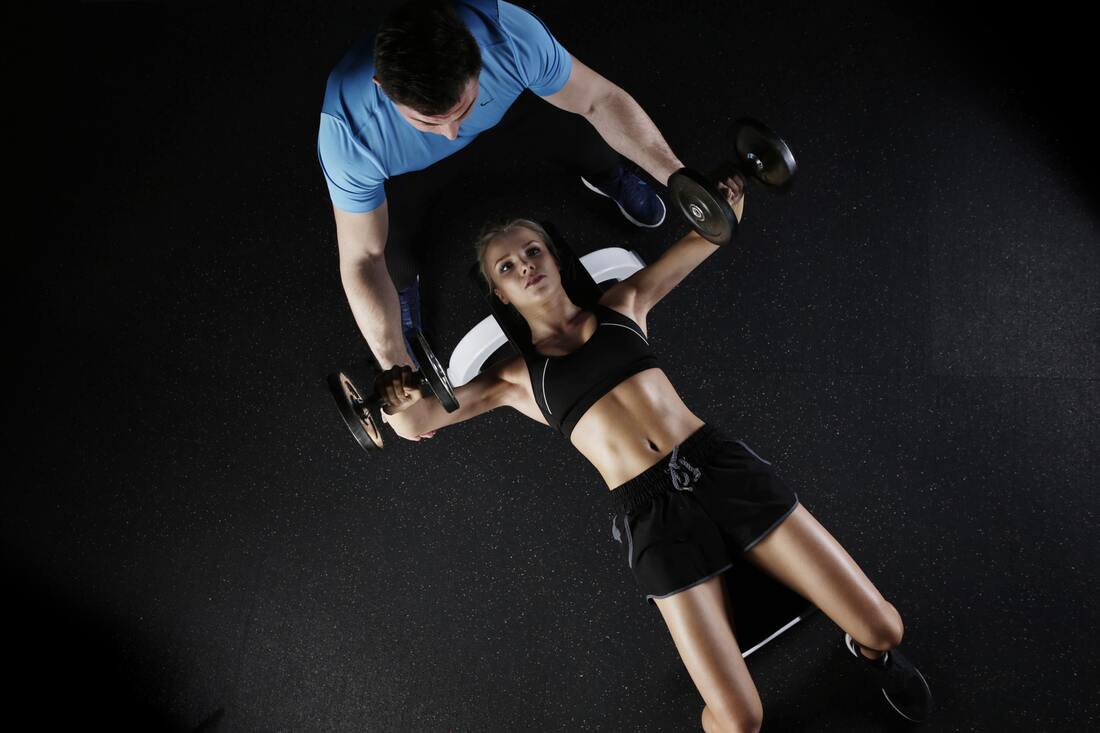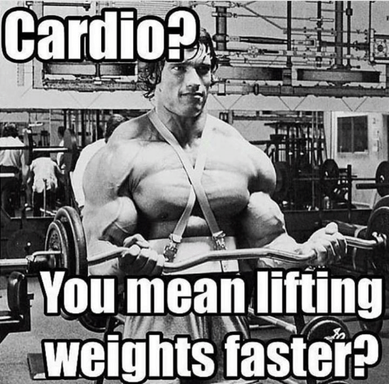You need to put what you learn into practice and do it over and over again until it’s a habit. I always say, ‘Seeing is not believing. Doing is believing.’ There is a lot to learn about fitness, nutrition and emotions, but once you do, you can master them instead of them mastering you. One of my biggest pet peeves about the fitness industry is the sheer amount of BS circulating on social media and on the web. Some BS is about exercise, some is about nutrition, and all of it is fear-mongering, with the clear purpose of persuading those who don’t know any better to buy the latest diet shake or pill.
However, there are already a lot of very competent people who bust myths and take down social media charlatans on a regular basis. So, instead of focusing on the rubbish, I want this article to contribute to shedding light on some non-rubbish aspects of fitness that Karen the Herbalife Ambassador or Mark the Jacked Fitness Guru don’t want you to know, lest you stop buying into their lies (quite literally). So here are three things no one (or not many, anyway) will tell you about fitness.
0 Comments
Nutritional supplements are not a substitute for a nutritionally balanced diet. Over the years, sports supplements have risen in popularity not only among athletes, but also among average gym-goers. In fact, if you walk into most commercial gyms, you will be greeted by a line of vending machines selling protein bars, protein shakes, energy drinks, and allegedly “performance-enhancing” snacks and beverages.
Some popular websites like Bodybuilding.com sell their own supplement line, and many professional athletes become supplement “brand ambassadors” and advertise these products on their social media pages. Off the internet, some coaches and personal trainers swear by certain supplements as the secret ingredient to their own and their clients’ incredible results. In this article, I aim to cover:
I want to inspire people. I want someone to look at me and say, “Because of you, I didn’t give up.” As fitness is growing more and more popular in developed countries, there are also more and more personal trainers and a variety of personal training modes, ranging from 1-on-1 online training to in-person, small group training.
With all these choices, how do you pick the right option for you? This article will explore three factors you may find helpful to consider when you’re trying to decide. A lot of people misunderstand what it means to have good cardio. Good cardio is when you are able to push the fight, and I’ve shown that in all of my fights. Do you need cardio if you lift?
Some lifters like to pretend cardio doesn’t exist. Others do so much for fear of fat gain that you might wonder if they were not, in fact, marathon runners. Lastly, some only do strategic amounts whenever they need to lose fat, then they ignore it during their gaining phases. Years ago, in the throes of my eating disorder, cardio (running and HIIT) was the reason I allowed myself to eat. When I emerged from that pit, I took my “vengeance” by banning running and HIIT from my training. More recently, I have embraced a more balanced view of cardio as a tool to achieve athletic and physique-related goals. In this article, I intend to tackle the potential benefits of cardio for lifting performance, fat loss, and general health. Ready, set, go! |
Nikias TomasielloWelcome to my blog. I’m an online fitness coach with a passion for bodybuilding, fantasy, and bread. Want to work with me? Check out my services!Archives
May 2024
Tags
All
|
Follow me on social media |
Get in touch |
© 2018-2023 Veronica Tomasiello, known as Nikias Tomasiello – All rights reserved





 RSS Feed
RSS Feed